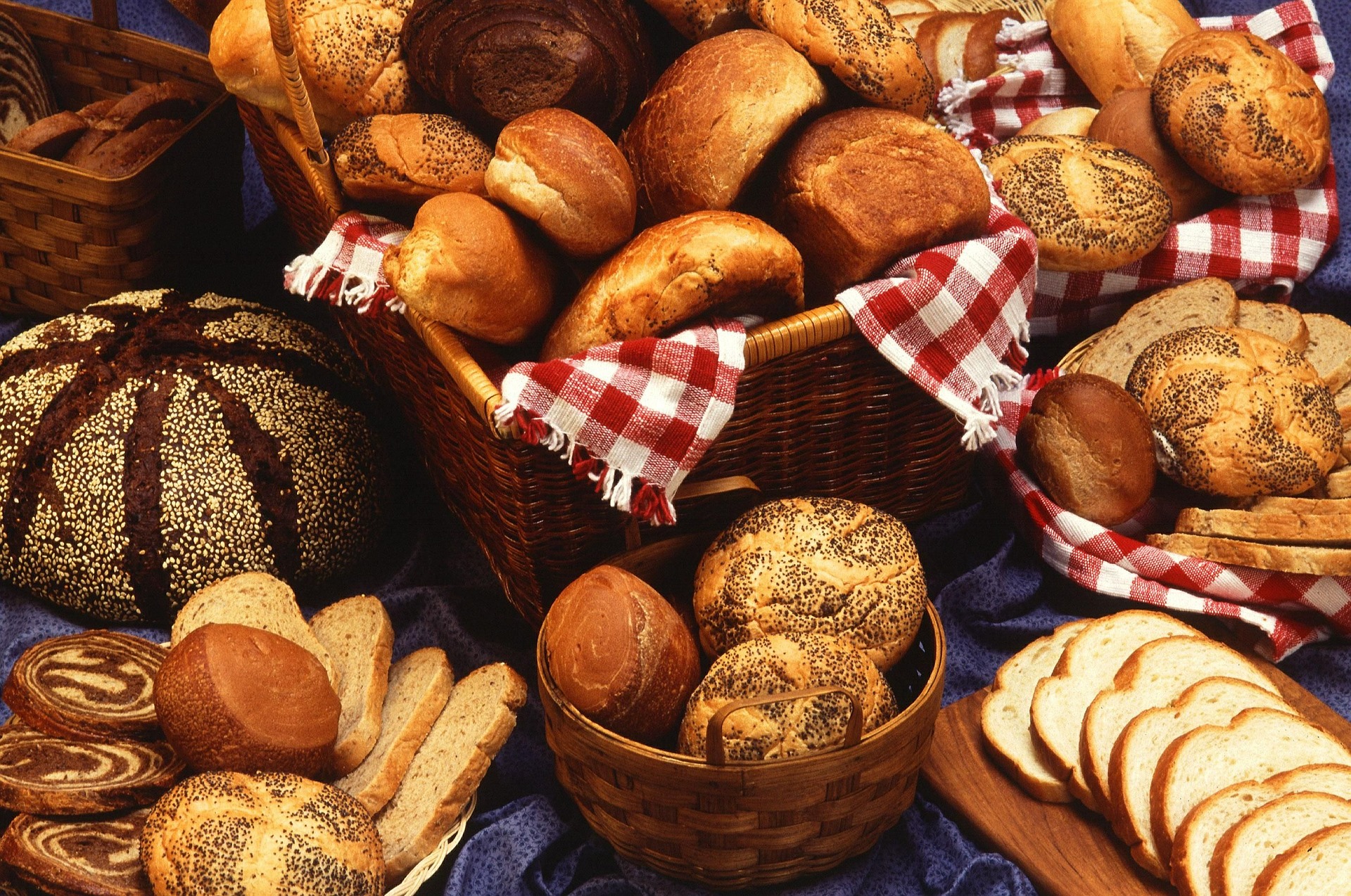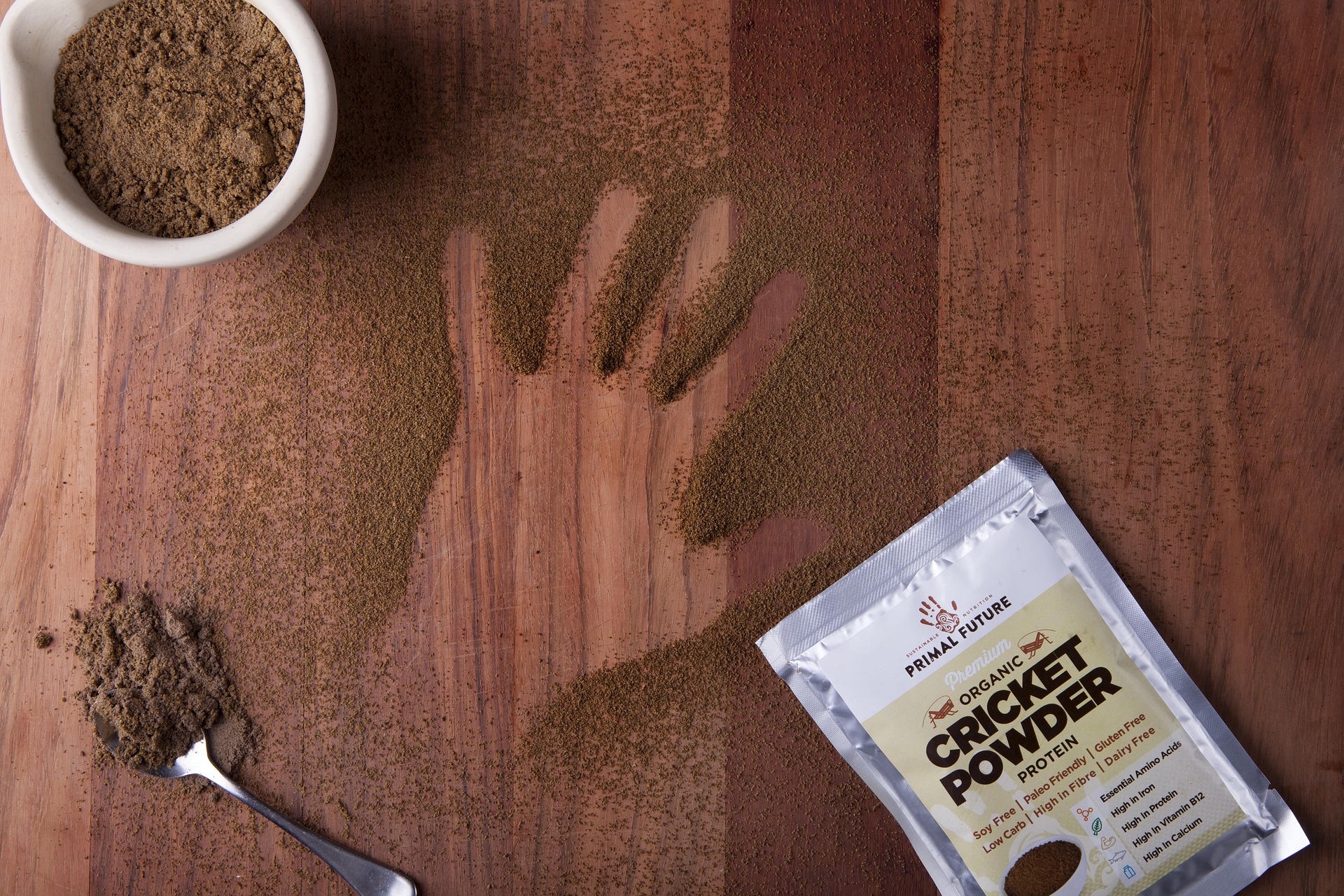Healthy Tips
Nutrition Myths That Need to be Debunked

Even in this day and age, we’re often left dumbfounded with the number of nutrition myths that still need to be debunked. With an encyclopedia of knowledge available on the web, you’d be amazed at what people still believe to be written in stone when it comes to diet and nutrition.
Whether you’ve heard it from the big guy in the gym - you know, the one who exclusively wears vests with his nipples poking out, from news articles and magazines - you’d be amazed at what slips through the net into print, or workout/diet fads that are supposed to revolutionise training. We’ve all been fooled or tricked into believing one or more nutrition myths - even if we’d rather not publically admit it.
So to save you a little bit of embarrassment next time you’re nattering nutrition on the bus, in the gym or at work - we’ve created a list of nutrition myths that need to be debunked:
Carbs are bad for you
Okay, this is a big one - carbs are not the devil! First it was fat, now it’s carbs - there’s always some macronutrient in the firing line. But there’s no reason for it!

People often believe that popular glycemic index rank foods by how dangerous they are - but this is just not true! In rigorous clinical trials, low-glycemic diets have not shown any advantage. Although early evidence has suggested that carbs can cause the body to be more sensitive to insulin, this a negligent result in healthy - non-diabetic adults who have a healthy diet.
Although cutting carbs can be used as a fat-loss technique, this is only to be used if it helps the individual eat less in the form of calories. So it’s a much better plan to take a look at the calorie intake as a whole before ditching carbs.
Fat is bad for you

We’ve got a little bit more understanding for this one - fat has had some of the worst press in the history of the world. With diets specifically created to cut out fat, fat shaming and the whole stigma of fat being more calories than it’s other macro counterparts.
But fat is not bad for you! In fact it’s quite the opposite, healthy levels of fat allow for correct hormone function which is something we quite like intact. Fat is not only not bad for you - but it’s actually good. Providing that too much isn’t consumed (you’re not overeating with fat as a main source of food) there’s nothing to worry about.
Protein is bad for you
We’re not even sure where this one came from, but claims that too much protein can lead to issue with the kidneys and bone damage. But hopefully at this point through the article, it’s starting to make sense that there’s no such thing as a bad macronutrient!

We’re not even sure where this one came from, but claims that too much protein can lead to issue with the kidneys and bone damage. But hopefully at this point through the article, it’s starting to make sense that there’s no such thing as a bad macronutrient!
Protein, upon conclusive testing, has shown neutral/protective damage to the bones with no damage found to the kidneys in high protein diets. So that’s that myth taken care of too - there’s no issues with consuming a high protein diet, just as much as a high fat or high carb!
You need to eat clean 100% of the time

This is more of a battle of self control than it is scientific health benefit - but the myth that you need to eat clean 100% of the time is simply not true. Although that yes, in an ideal world, a diet that is 100% clean is noted to be of benefit - but for many people, that just isn’t sustainable and can often lead to mental challenges.
Cheat meals are important, providing that they are used sparingly (once a week for example) they have been shown to help with adherence to diets. One cheat meal/day will not ruin progress to the extent that many of us are led to believe. Providing that they are used correctly, they can be a great dieting tool!
You need to consume protein immediately after training
The age old training/bodybuilding protein myth is one of our favorites and no - you do not have to consume protein immediately after training to catch the anabolic window. But there is a small element of truth behind the myth and it is said that consuming 20g-40g of protein within 2 hours post workout may actually be ideal.

Although there’s nothing worse than necking a protein shake immediately after your last rep - we’d suggest a good post workout meal - high in protein to ensure maximum benefits.
Supplements are the most important diet factor

Supplements are most definitely not the most important diet factor, or necessary at all for that matter. Supplements should be seen as the final piece of the puzzle, once everything else is in place and operating smoothly. At no point should you have to be relying on supplements to keep you functioning and they definitely shouldn’t be used as meal replacements.
Although vitamins and minerals are important, they can be consumed in their natural form - with the consumption of fruit and vegetables rather than a handful of pills. There’s more we learn about micronutrients, vitamins and minerals everyday and while multivitamins may be a quick way to get an extra hit of the good stuff - a balanced, healthy diet rich in fruit and vegetables should be your best friend.
Fresh is better than frozen
The argument behind fresh being better than frozen isn’t one that has no backing whatsoever - but the comparisons are so similar that the differences are essentially negligible. With veg frozen as soon as it is picked/harvested, the act of freezing essentially keeps the food in a fresh state, nutritionally speaking, so that the content is similar at the time of consumption.

Although a lot of people may argue that fresh tastes better and it’s often agreed that frozen sounds worse - when it comes to the nutritional value there’s so little difference that advice is simply ‘whatever works for you’. Like to buy frozen veg? Great, carry on. Prefer fresh? Not an issue.
You should never eat carbs before bed to lose fat

Meal timing, to make a long story short, simply doesn’t matter to the extent of having a cut-off before going to bed to lose fat. For a fat loss plan, the last thing to worry about is what time to stop eating and although intermittent fasting has proven successful in a number of cases - this is rarely achieved or planned out by cutting out carbs before bed.
Just as there’s no bad macronutrient, there’s no real bad time to eat either. Simply put if you’re hungry, eat. Just make good choices with that food.
Do cardio fasted to lose weight
Fasted cardio, although may feel great and has many people hooked in the habit, but the truth is that there’s very little difference between fasted cardio and fed cardio. Once again, weight loss all comes down to the energy balance of calories in and calories out - so it’s a case of whatever feels best for you.
Heavier fasted sessions such as weight training or HIIT is likely to see an athlete underperform due to a lack of energy in the body - leading to feeling sluggish and unmotivated. But with lighter jogging, participants can often feel energised and clear. It is personal preference, but one is not better than the other.
HFCS are worse than sugar
Glucose is your body’s preferred source of energy and it’s the stuff that’s in your blood. Fructose is another sugar that can be used for energy which has been believed to cause fatty-liver disease, obesity and insulin resistance.
HFCS are therefore deemed as unhealthy due to their high fructose levels - but the reality is that HFCS and table sugar are very similar from a health perspective with the difference negligible, so slight that there’s really nothing to worry about.
The takeaway
We hope that this has opened your eyes a little to the numerous myths surrounding food and that you feel a little more knowledgeable around the subject. We’re sure that some of these points will have resonated with many of you and it just goes to show what can be promoted with poor knowledge, bad marketing strategies and word of mouth.
Be sure to let us know if you try anything out and share to let others know of common myths that need debunked! So the next time that your gym-buddy comes out with a ridiculous health or diet claim, you’ll have the ammunition to reply and debunk the fads that are on so many of our lips.